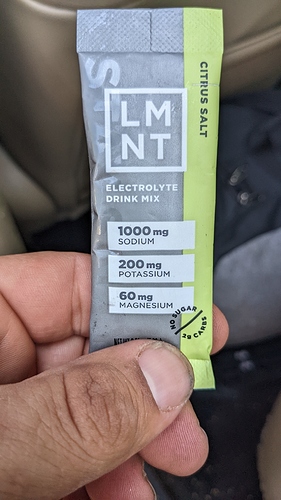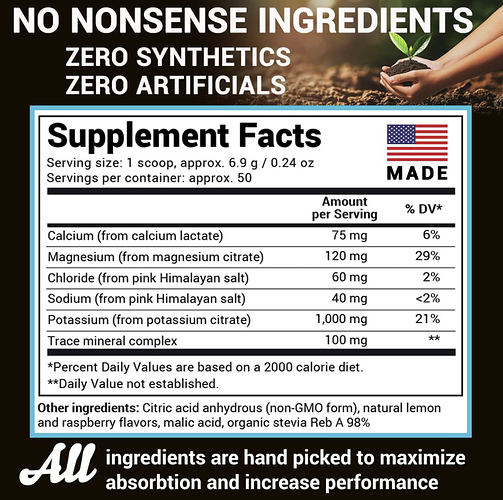I have been on keto for a year and six months. In that time I have lost 50 pounds, so I am very happy with the weight loss. I have had some symptoms the whole time that I have been on the keto diet and they are starting to concern me. I am wondering if anyone else has these symptoms and know how to fix them. I have rapid pulse, night sweats, constant thirst, and excessive urination. And in the last two months the surface of my tongue as gone numb.
I do drink an electrolyte drink every morning. About 3 months ago a blood test revealed that I was low on B2. Since then I have added B complex to the vitamins that I take. I take a lot of vitamins, C,D, calcium, magnesium, E, and potassium.
I also have a keto-mojo blood tester and use the Carb-Manager app, so I am getting into ketosis and I am doing well with my macros. Any help would be appreciated.




